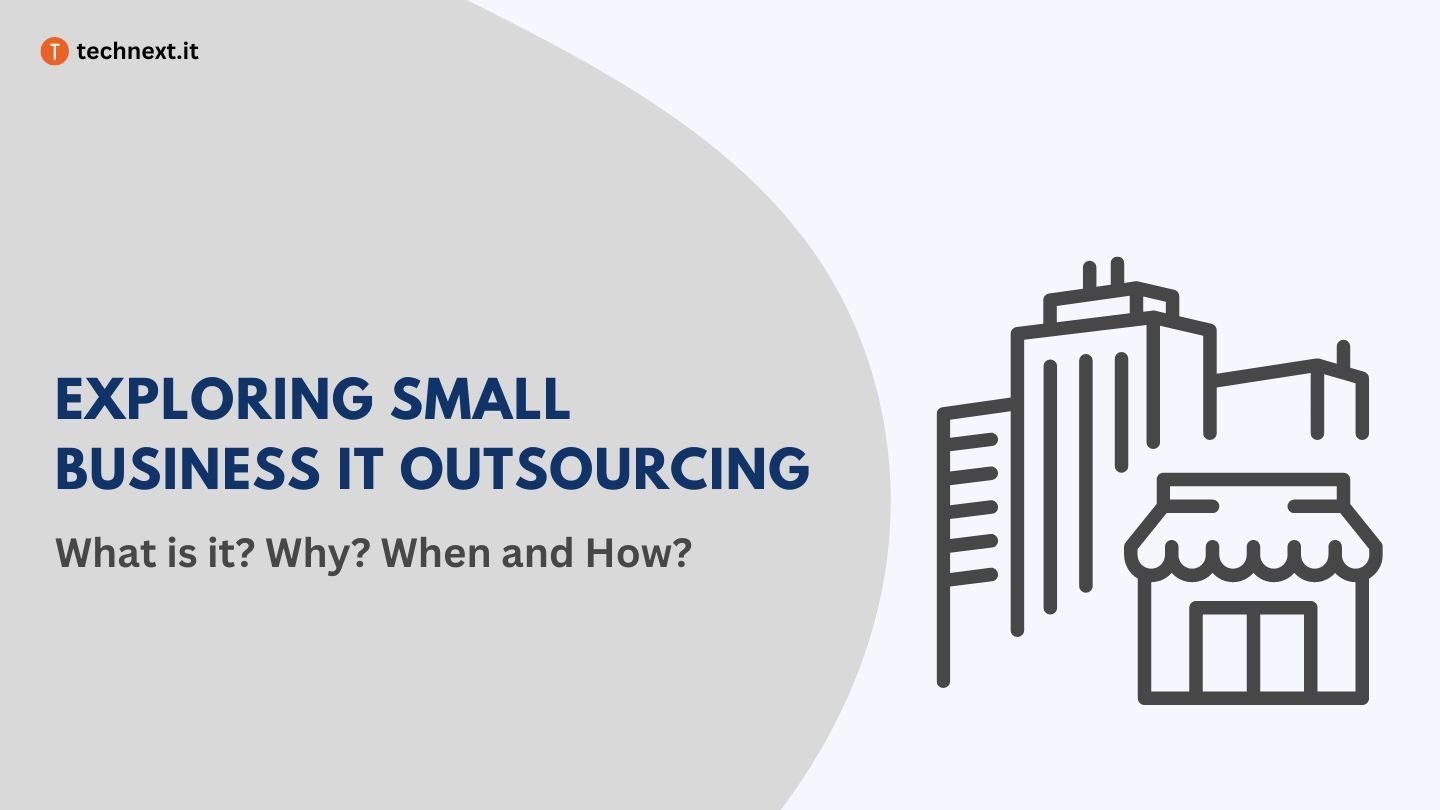Outsourcing For Small Business Owners

Small business owners are facing unprecedented pressures. Skyrocketing inflation and talent shortages are forcing owners to make tough decisions.
Outsourcing, once a strategy reserved for large corporations, is now a lifeline for small businesses striving for survival and growth. This article explores how outsourcing helps reduce operating costs, access specialized skills, and focus on core business functions, offering a competitive edge in today’s challenging market.
The Outsourcing Surge: A Response to Crisis
The trend is undeniable: more small businesses are turning to outsourcing than ever before. According to a 2023 study by Deloitte, 70% of small businesses are considering or already using outsourcing services.
The primary driver? Cost reduction. Outsourcing allows businesses to tap into a global talent pool, often accessing services at significantly lower rates than hiring in-house.
What's Being Outsourced?
A wide range of tasks are being outsourced. Customer service, IT support, and marketing are top contenders, as are accounting and human resources.
Even specialized functions like web development and content creation are frequently outsourced to freelance or specialist companies.
Benefits Beyond Cost Savings
The advantages extend beyond mere cost savings. Outsourcing provides access to specialized skills and expertise that a small business might not otherwise afford.
This can lead to improved efficiency and higher-quality outputs. Focus shifts to core business activities driving innovation and growth.
Reduced workload on existing staff leads to higher morale and productivity. Freed from routine tasks, employees can concentrate on strategic initiatives.
Navigating the Outsourcing Landscape
Choosing the right outsourcing partner is crucial. Thorough research and due diligence are essential. Start by defining your specific needs and goals.
Clearly define project scope, expectations, and metrics. Effective communication and contract management are key to success.
Look for providers with a proven track record and positive client reviews. Ensure data security and compliance with regulations.
Potential Pitfalls and How to Avoid Them
Outsourcing isn't without its challenges. Communication barriers, cultural differences, and time zone issues can arise.
Establish clear communication channels and protocols. Regular meetings and progress updates are essential.
Be prepared to invest time in managing the outsourced relationship. Clear contracts with defined service level agreements (SLAs) are necessary.
Real-World Examples of Outsourcing Success
Many small businesses have successfully leveraged outsourcing to achieve significant growth. "Acme Solutions", a small e-commerce business, outsourced its customer service to a provider in the Philippines. It resulted in a 40% reduction in customer service costs and improved customer satisfaction.
"Beta Technologies", a startup in the software industry, uses outsourced IT support to manage its infrastructure. They can focus on developing their core product without the burden of managing IT in-house.
These examples highlight the potential for outsourcing to transform small businesses.
The Future of Outsourcing for Small Businesses
Outsourcing is not a temporary fix but a long-term strategic solution. The trend is likely to continue as businesses face increasing pressures.
Technology, particularly AI and automation, will further transform outsourcing. Businesses should be prepared to adapt and embrace these changes.
Small businesses can explore online platforms to connect with freelancers and outsourcing providers. Networking and industry events are useful resources.


















